Our aim is to stop people dying of bowel cancer. Bowel cancer, also called colorectal cancer (CRC), is the fourth most common cancer and the second most common cancer death in the UK. COLO-SPEED (Colorectal Cancer Screening Prevention Endoscopy and Early Diagnosis), funded by the Sir Bobby Robson Foundation and the Parabola Foundation, is building the world’s largest platform for research in prevention and early diagnosis of bowel cancer.
COLO-SPEED partner site
SCREENING
PREVENTION
ENDOSCOPY
EARLY
DIAGNOSIS
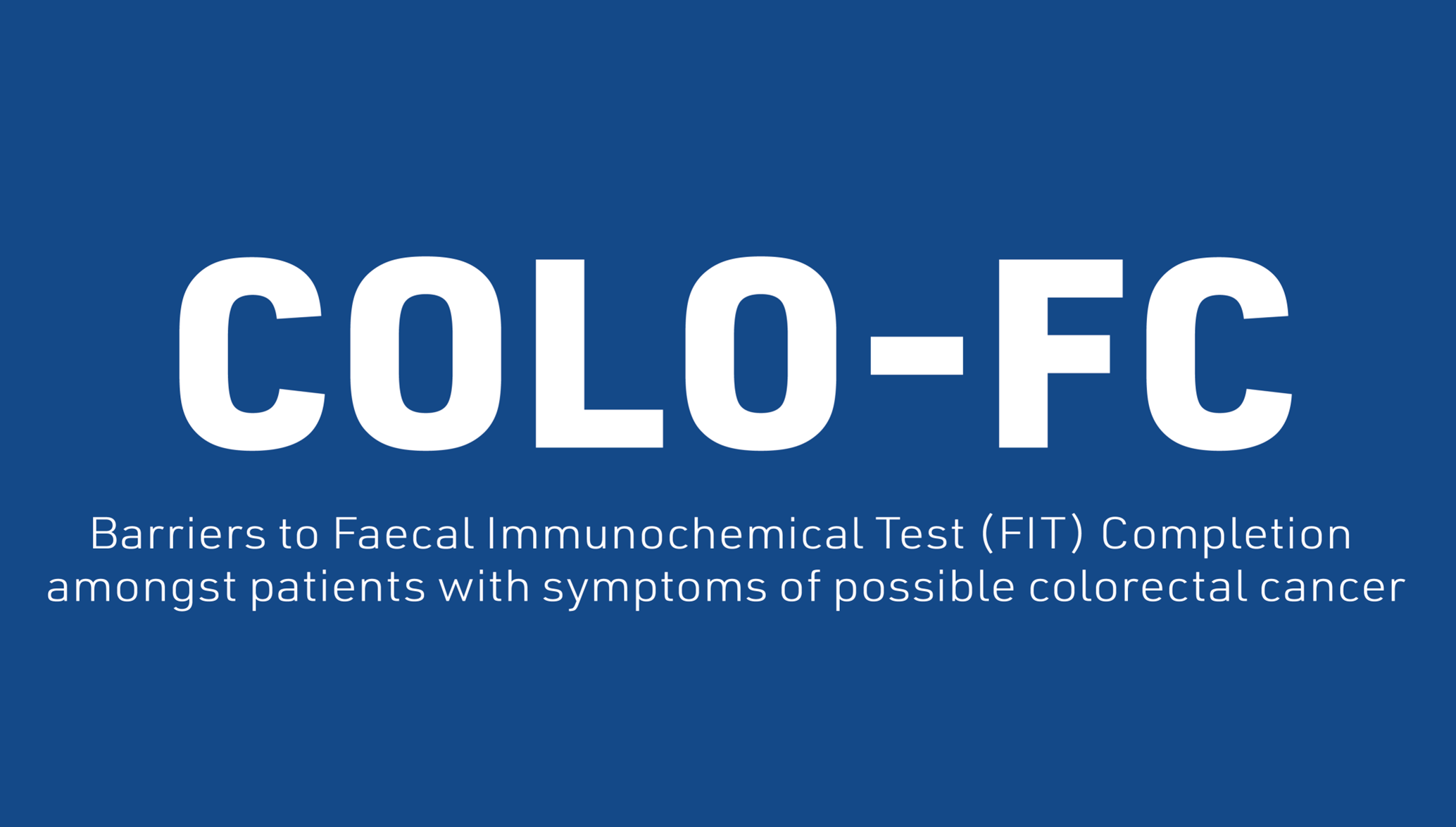
Featured Study
COLO-FC
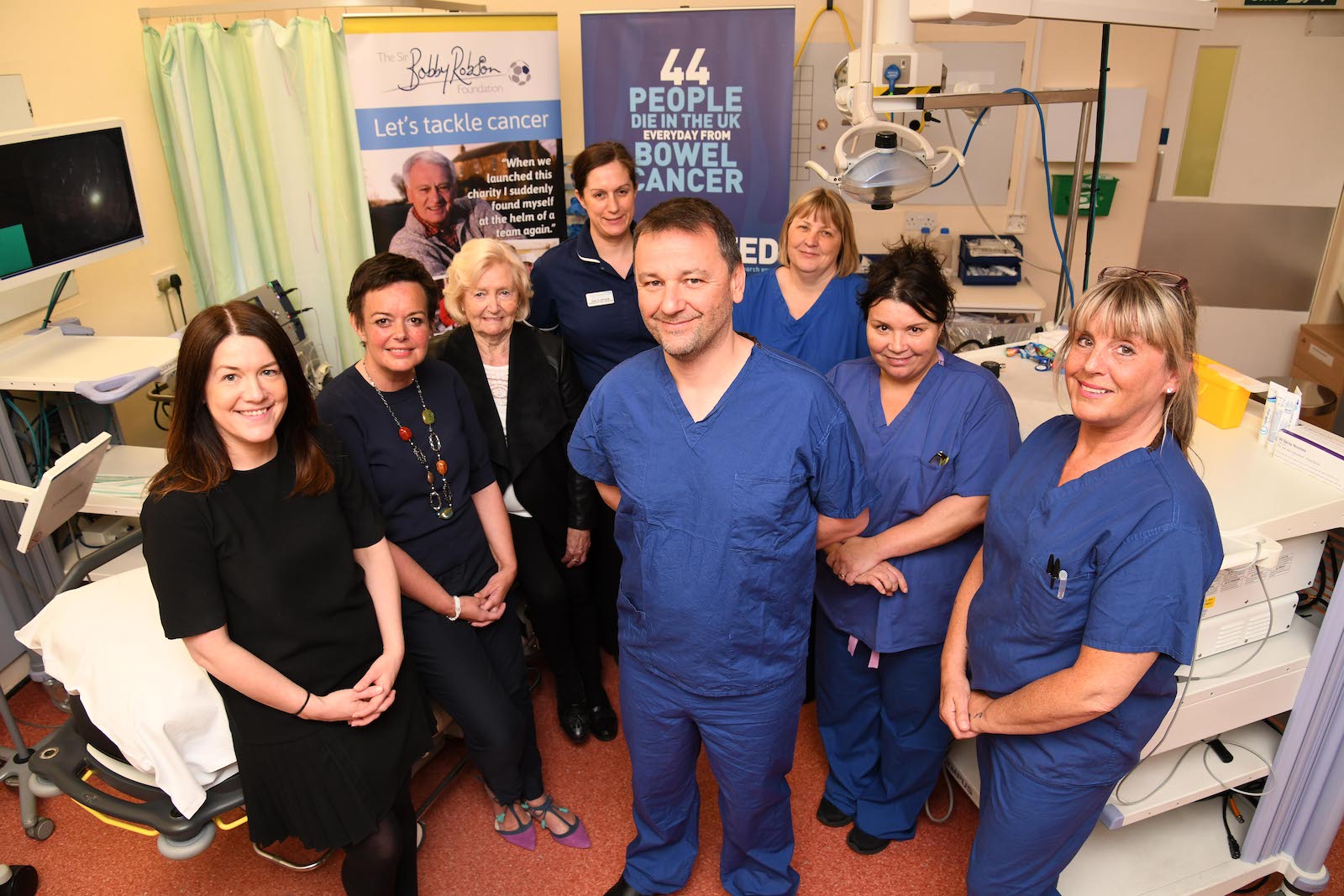
Featured News
COLO-COHORT Newsletter – March 2025
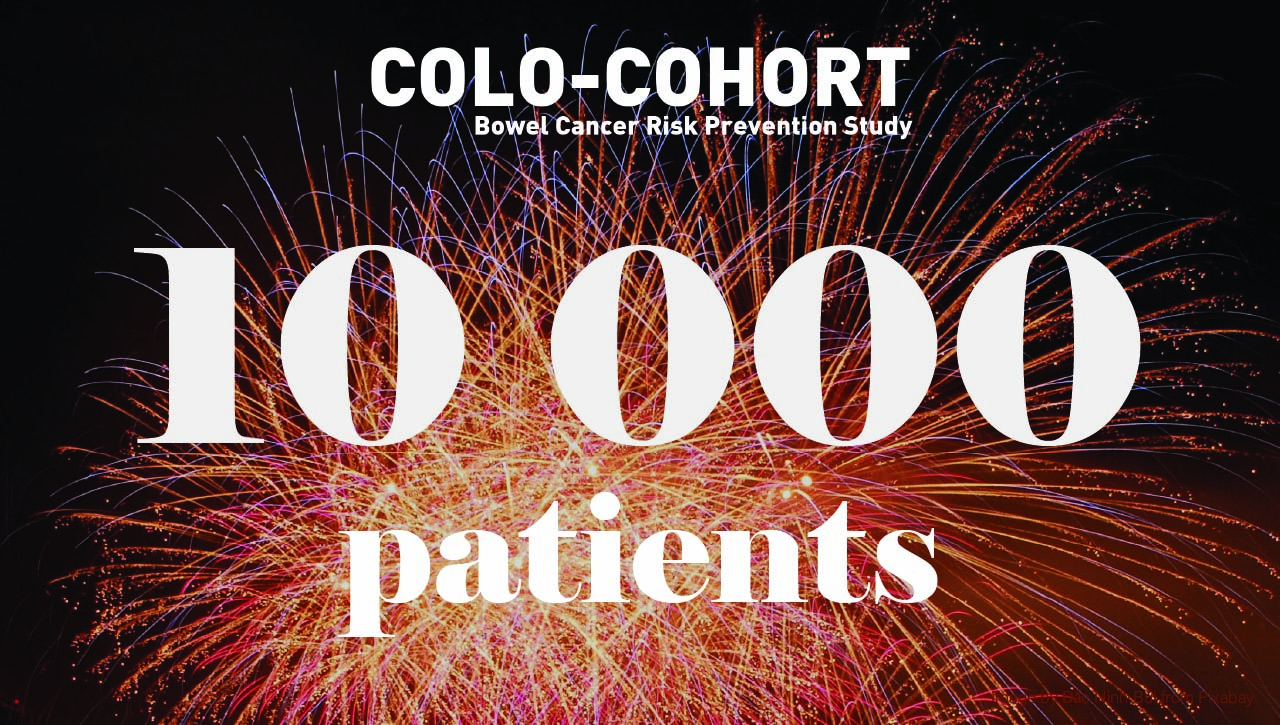
Featured News
COLO-COHORT Recruits 10,000 Patients
Featured News
Launching a New COLO-SPEED Patient Group
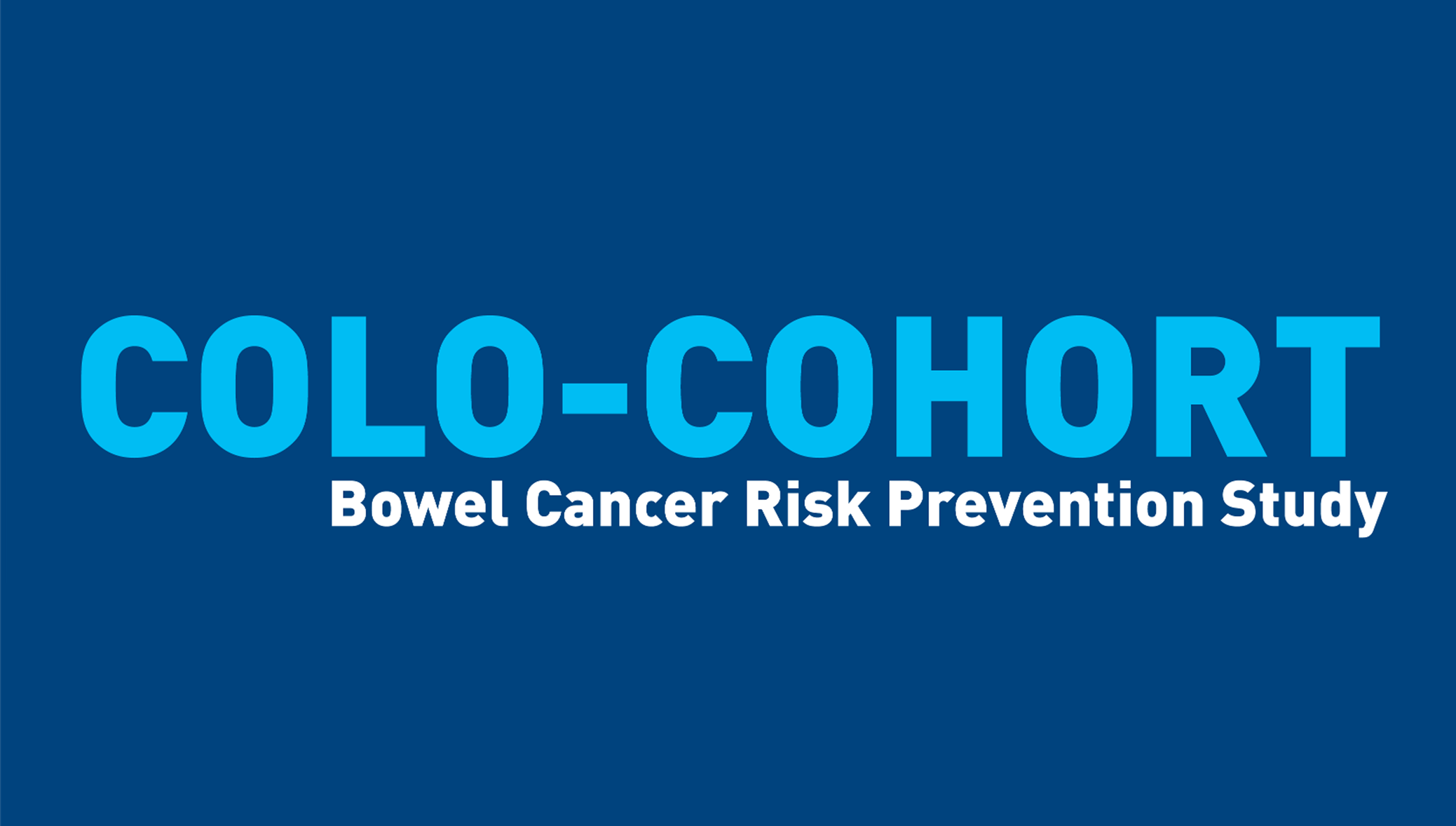
Featured Study
COLO-COHORT

Featured Study
COLO-DETECT
Latest Studies

COLO-FC: Barriers to Faecal Immunochemical Test (FIT) completion amongst patients with symptoms of possible colorectal cancer
This study seeks to understand why some people may not complete a poo test, that looks for traces of blood, after going to the GP with symptoms of possible bowel cancer. By understanding what problems people experience, and whether there are particular groups of patients who experience these, we can work to develop strategies to support people to complete this test.

Colorectal Cancer Cohort Study
COLO-COHORT aims to develop a “risk stratification tool” to help determine which patients are at highest risk of having polyps or cancer; this tool will be able to be used in the future to work out which patients need to be referred to endoscopy for investigation.
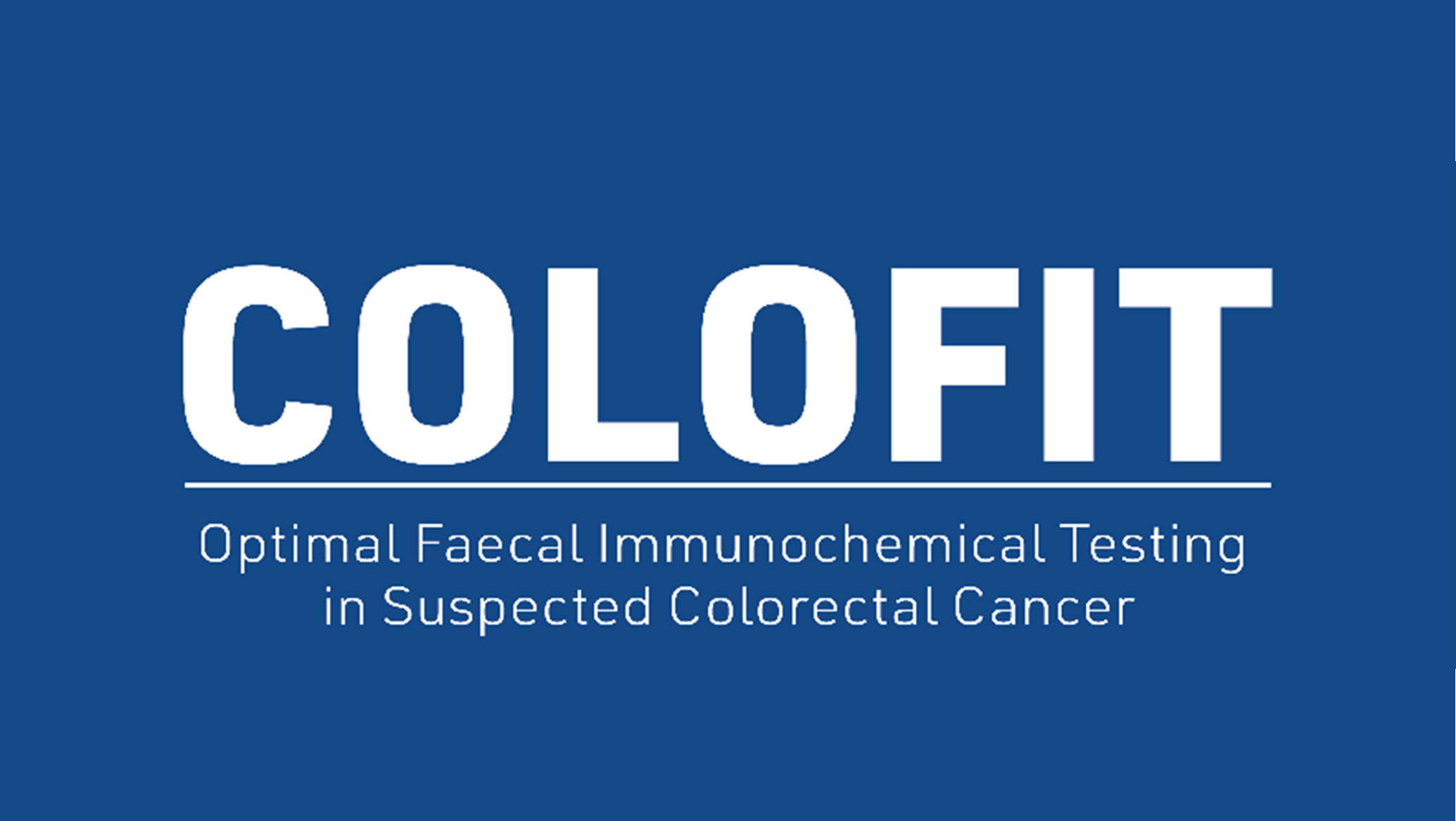
Optimal Faecal Immunochemical Testing in Suspected Colorectal Cancer
COLOFIT examined how GPs should use a new test, Faecal Immunochemical Test (FIT), to identify which patients with bowel symptoms, are at higher risk of bowel cancer and need to be examined in hospital.

A Randomised Controlled Trial of Lesion Detection at Colonoscopy Using the GI Genius™ Artificial Intelligence Platform
COLO-DETECT is a randomised control trial which evaluated whether colonoscopy assisted with the GI Genius™ Intelligent Endoscopy Module improves the detection of abnormalities such as polyps and cancer compared to standard colonoscopy.
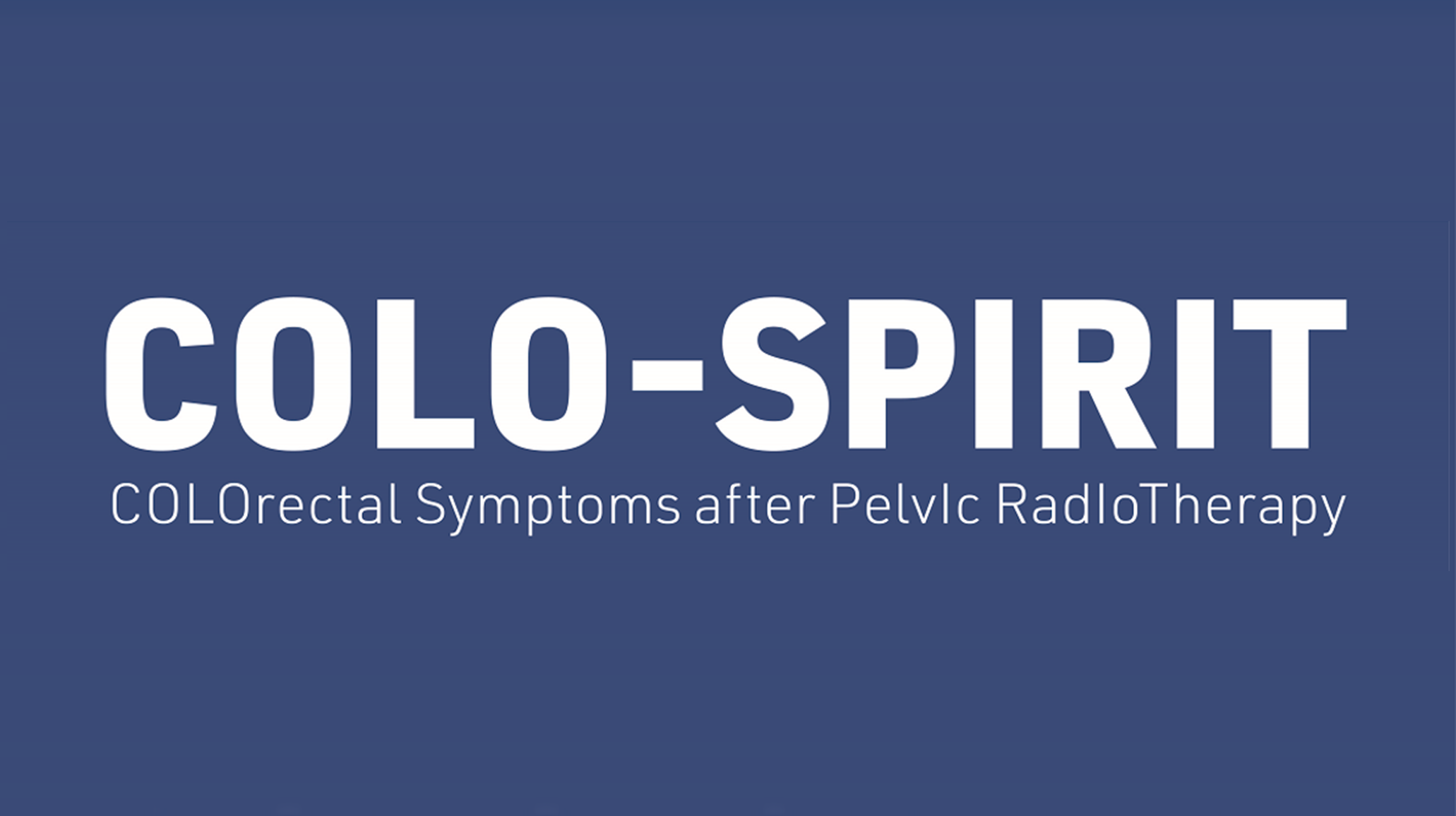
COLOrectal Symptoms after PelvIc RadIoTherapy
COLO-SPIRIT is a study that investigated the burden, experiences and management of radiation proctopathy (RP) among cancer survivors, in order to inform the development of a trial of PuraStat© (a synthetic material that aims to control bleeding) as a treatment for RP.
A validated Patient Reported Experience Measure for Gastrointestinal Endoscopy
Our main study aim is to develop a tool which measures patient experience (patient reported experience measure, PREM) of gastrointestinal procedures, including colonoscopy. We will then translate the PREM so that it can be used internationally, to help identify areas of these procedures which can be targeted to improve patient experience. It will also be used in clinical trials to compare interventions.

Obesity Related Colorectal Adenoma Risk Study
The OSCAR study is a prospective multi-centre cross sectional study which looked at the association between obesity, Non-alcoholic Fatty Liver Disease (NAFLD) and colorectal adenomas.

Volatile Organic compounds for DEtection of Colorectal cAncer
The VODECA study aimed to investigate Volatile Organic Compounds (VOCs) which are associated with adenomas (pre-cancerous polyps) and early bowel cancer to improve detection of adenomas and bowel.

Study of Prevention by Aspirin and EPA; Knowledge of Mechanism of Action
The STOP-ADENOMA study followed on from a completed clinical trial called seAFOod, in which we tested whether aspirin and the omega-3 EPA, alone or together, prevent bowel polyps (which are known to progress to cancer if left unchecked).

